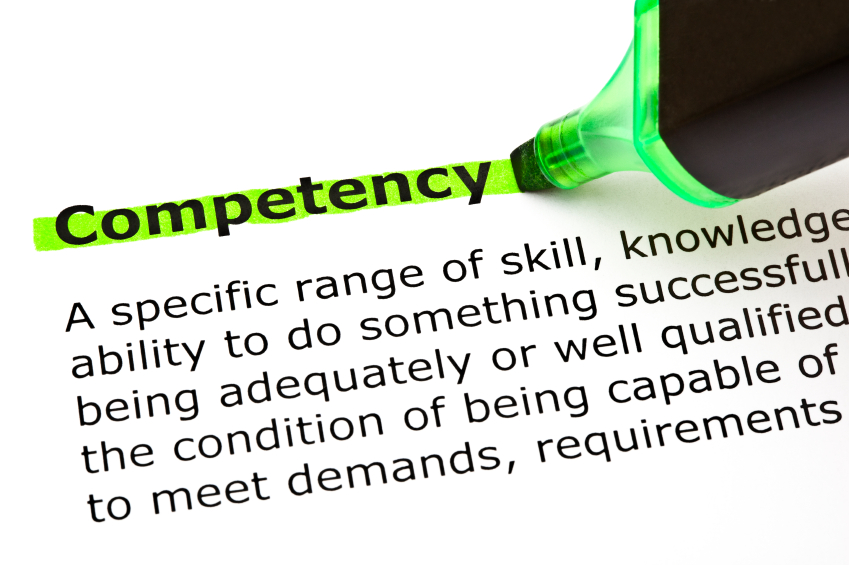Kathleen Amos, MLIS, Assistant Director, Academic/Practice Linkages, Public Health FoundationDoes your work involve activities in the areas of quality improvement, performance management, workforce development, accreditation, or community health assessment and improvement? Are you actively engaged in supporting your organization’s performance improvement (PI) efforts? A new competency set designed specifically for PI professionals working in public health is now available!
The
Competencies for Performance Improvement Professionals in Public Health (PI Competencies) are a set of skills desirable for PI professionals working in public health. Based on the
Core Competencies for Public Health Professionals (Core Competencies) and the
Core Competencies for Performance Improvement Managers, these competencies were developed to offer additional guidance in PI for public health professionals with responsibilities related to quality improvement, performance management, workforce development, accreditation, or community health assessment and improvement.

The PI Competencies align with the Core Competencies, a set of foundational skills for all public health professionals, and expand upon PI concepts present in the Core Competencies. The PI Competencies can be used along with the Core Competencies to help guide development of job descriptions, performance objectives, training, workforce development plans, academic curricula, tools, and other resources to support the activities and growth of PI professionals.
To support public health professionals and organizations in using the PI Competencies for these workforce development activities, a supplemental resource has also been developed. This resource,
Competencies for Performance Improvement Professionals in Public Health: Alignment with the Core Competencies for Public Health Professionals, presents the PI Competencies along with a list of competencies from the Core Competencies that may be especially relevant for PI professionals. In addition, training is available on the
TRAIN Learning Network that can support development of PI Competencies. For example, there are
several trainings related to the competency, “Demonstrates how data and information are used to improve individual, program, and organizational performance.”
The
Public Health Foundation (PHF) thanks the public health community and everyone who contributed to the development of the PI Competencies. This would not have been possible without your input. We invite you to
download a copy of the PI Competencies, begin using them, and let us know what you think. Your continued engagement and feedback will help ensure this competency set best meets the needs of the public health workforce. Questions about the PI Competencies, examples of how you are using them, and suggestions for tools that will support those activities are also welcome at any time. I can be reached at
[email protected] and look forward to hearing from you!
Want to Learn More about the PI Competencies?At the APHA Annual Meeting, save the date for
Session 4160.0 on November 13, 2018 from 10:50-11:10am PST.
Subscribe to PHF E-News to stay informed about events, resources, and other updates related to the PI Competencies.
The PI Workforce PI professionals form an integral part of the public health workforce and are instrumental in the continuous improvement of individual, program, and organizational performance. Although the job responsibilities of PI professionals may vary, work that falls under PI may include developing or implementing plans and activities in the areas of quality improvement, performance management, workforce development, accreditation readiness, or community health assessment and improvement planning.
Development of the PI CompetenciesDevelopment of the PI Competencies was supported by the
PI Competencies Subgroup of the
Council on Linkages Between Academia and Public Health Practice’s Core Competencies Workgroup and shaped by input from numerous PI professionals working in public health. Development was informed by a comprehensive environmental scan that included listening sessions and other opportunities for PI professionals to provide feedback about the key knowledge, skills, and abilities needed for working in this area, as well as a review of literature and resources related to competency development. In addition, the PI Competencies reflect input from national organizations and technical assistance providers and trainers who have worked with over 500 health departments on PI activities.
Many PI professionals contributed to shaping the PI Competencies, and we thank you for your participation in this process!
This project is supported by Cooperative Agreement Number NU38OT000211, funded by the Centers for Disease Control and Prevention. Its contents are solely the responsibility of the authors and do not necessarily represent the official views of the Centers for Disease Control and Prevention or the Department of Health and Human Services.